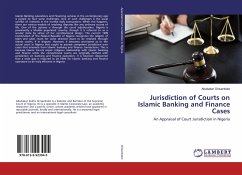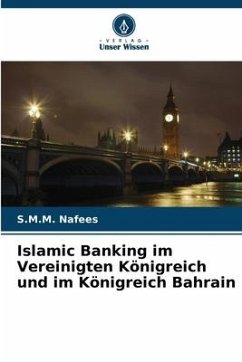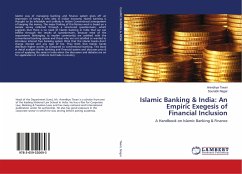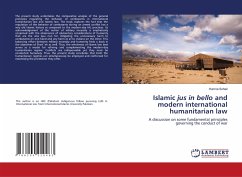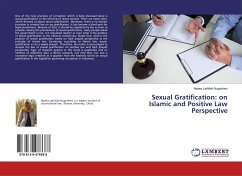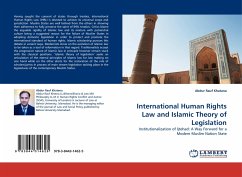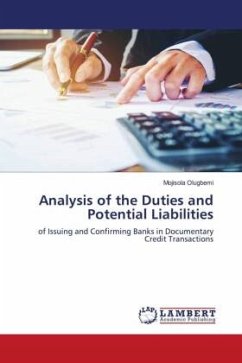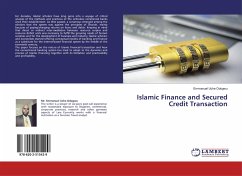
Islamic Finance and Secured Credit Transaction
Versandkostenfrei!
Versandfertig in 6-10 Tagen
27,99 €
inkl. MwSt.

PAYBACK Punkte
14 °P sammeln!
For decades, Islamic scholars have long gone into a voyage of critical analysis of the methods and practices of the orthodox commercial banks since their establishment. As time passed, a consensus emerged among the scholars that the system was against the principles of Shariah, mainly because of paying/charging returns on loans and debts. Keeping in mind that direct or indirect inter-mediation between resource surplus and resource deficit units was necessary to fulfill the growing needs of human societies and for the development of business and industry, Islamic scholars and economists started...
For decades, Islamic scholars have long gone into a voyage of critical analysis of the methods and practices of the orthodox commercial banks since their establishment. As time passed, a consensus emerged among the scholars that the system was against the principles of Shariah, mainly because of paying/charging returns on loans and debts. Keeping in mind that direct or indirect inter-mediation between resource surplus and resource deficit units was necessary to fulfill the growing needs of human societies and for the development of business and industry, Islamic scholars and economists started offering conceptual models of banking and finance as a substitute for the interest-based financial system by the middle of the twentieth century. The paper focuses on the nature of Islamic financial transaction and how the conventional banking system has tried to adapt to the dynamics and process of Islamic financing together with its limitation and practicability and profitability.



